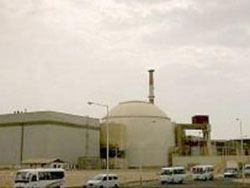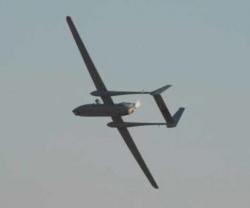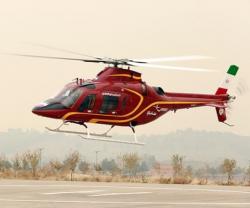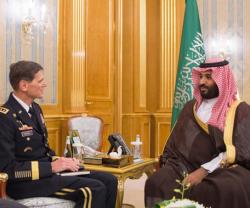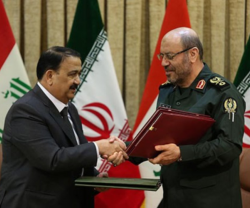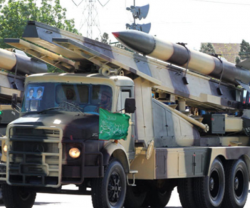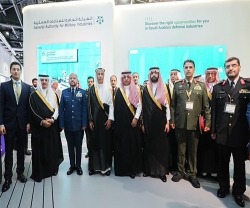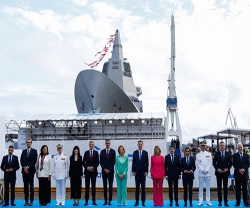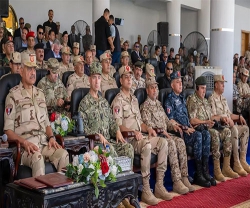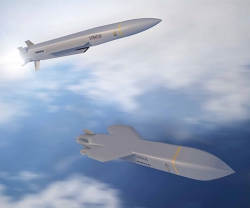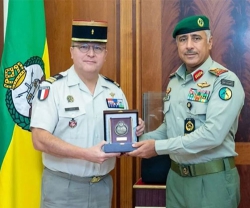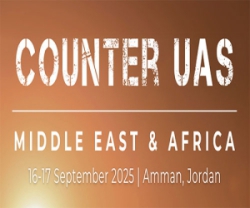The United States warned Iran on Thursday its window for opening serious talks is limited, after the U.N. nuclear watchdog said Iran had doubled enrichment capacity at its underground facility at Fordo.
White House spokesman Jay Carney also reiterated that President Barack Obama is determined to prevent Iran getting a nuclear bomb but added that U.S. officials would know whether it reached breakout capacity to reach that stage.
“The window of opportunity to resolve this remains open... but it will not remain open indefinitely,” Carney said.
The U.N. atomic agency said Thursday that Iran has doubled its production capacity at a tough-to-bomb nuclear facility and has “significantly hampered” its ability to inspect a suspect military site.
According to a new International Atomic Energy Agency report, as of August 18, the Fordo facility had around 2,000 uranium-enrichment centrifuges installed, compared with around 1,000 in May. However, only around 700 are operating.
Enriched uranium can be used for peaceful purposes but also, at highly concentrated purities, for nuclear weapons. Fordo is dug into a mountain near the holy city of Qom.
Iran says its nuclear program is for power generation and producing medical isotopes but Western nations, Israel and many others in the international community suspect its real aim is to develop the atomic bomb.
Because the IAEA has repeatedly said that it is “unable” to conclude that Iran’s activities are peaceful, the U.N. Security Council has called on Iran to cease all uranium enrichment, imposing 4 rounds of sanctions.
The IAEA also wants Iran to address what it believes is evidence that until 2003, and possibly since, Tehran had a structured program of research into nuclear weapons.
Iran has flatly rejected these claims, set out in a major IAEA report last November, and says it will only give the agency the desired access as part of a broader agreement governing its future relations with the watchdog.
In particular the IAEA wants to be able to visit the Parchin military base near Tehran where it believes Iran conducted explosives tests for nuclear warhead designs.
Fresh talks between the P5+1 Chief Negotiator, EU Foreign Policy Chief Catherine Ashton, and Iranian counterpart Saeed Jalili would happen “in the coming days,” Ashton’s spokesman said in Brussels on Thursday. He did not say whether these talks would be face-to-face.
Iran’s Supreme Leader Ayatollah Ali Khamenei said earlier Thursday that the country “is never seeking nuclear weapons.”
Addressing a summit of non-aligned countries taking place in Tehran, he called the use of nuclear weapons and other weapons of mass destruction “a major and unforgiveable sin.”
But he added, “we will never give up the right to peaceful nuclear energy,” underlining Iran’s determination to push ahead with its atomic program.
Source: AFP

